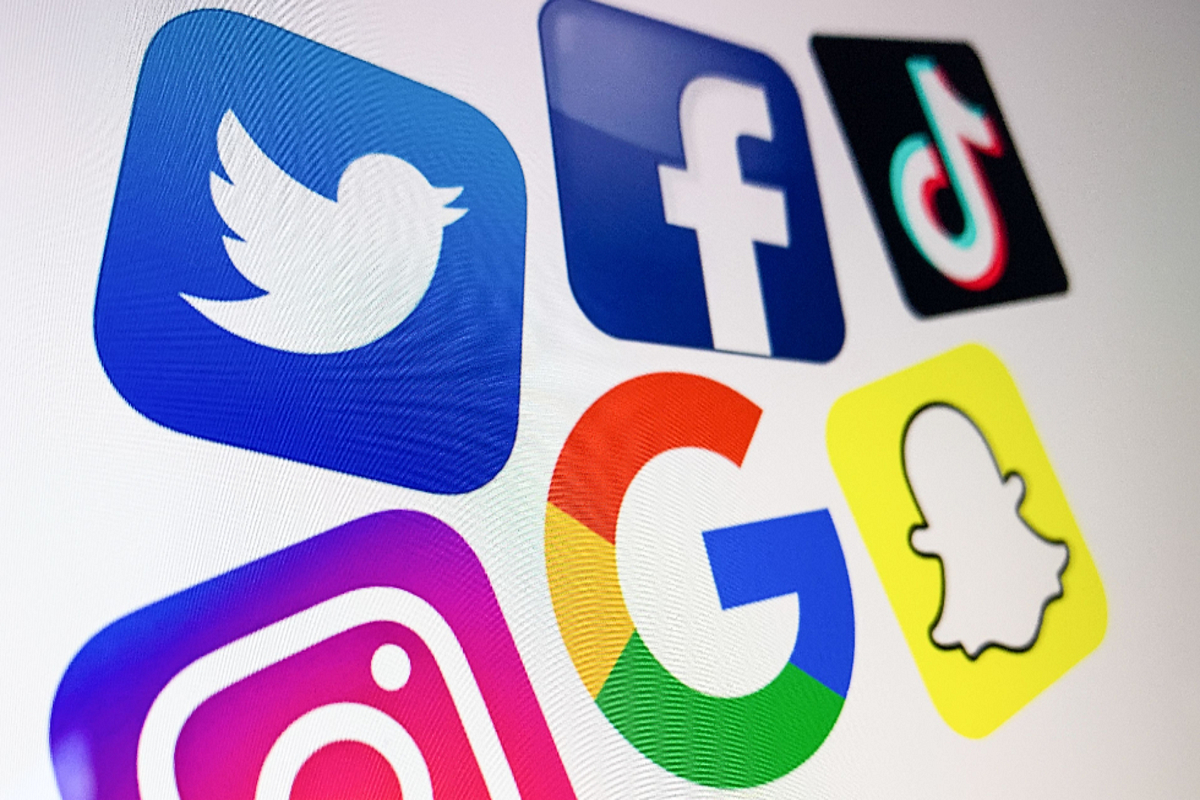News Brief
Tech-Cracy: Global Tech Giants 'Unite' To Combat Deceptive AI Content Ahead Of Elections

Social Media Platforms. (Representative Image)
In a major development, a coalition of 20 technology companies has announced a collective effort to combat deceptive artificial intelligence (AI) content that could potentially disrupt elections worldwide this year.
The surge in generative AI technology, capable of rapidly producing text, images, and videos, has raised concerns about its potential misuse in influencing major political events, especially as numerous countries gear up for elections.
The tech accord, revealed at the Munich Security Conference, includes prominent companies involved in developing generative AI models like OpenAI, Microsoft, and Adobe.
Social media platforms, including Meta Platforms (formerly Facebook), TikTok, and X (formerly Twitter), are also among the signatories of the accord.
“Everybody recognizes that no one tech company, no one government, no one civil society organization is able to deal with the advent of this technology and its possible nefarious use on their own,” said Nick Clegg, president of global affairs for Meta, in an interview ahead of the summit.
Key commitments within the accord involve collaborative efforts to develop tools for detecting misleading AI-generated content, raising public awareness about deceptive content, and taking action to address such content across their services.
While the accord is largely symbolic, it targets increasingly realistic AI-generated images, audio and video "that deceptively fake or alter the appearance, voice, or actions of political candidates, election officials, and other key stakeholders in a democratic election, or that provide false information to voters about when, where, and how they can lawfully vote”, reported CNBC.
The companies aren't also committing to ban or remove deepfakes.
Instead, the accord outlines methods they will use to try to detect and label deceptive AI content when it is created or distributed on their platforms.
Potential technologies for identifying AI-generated content may include watermarking or embedding metadata, although specific implementation details and timelines were not provided.
Support Swarajya's 50 Ground Reports Project & Sponsor A Story
Every general election Swarajya does a 50 ground reports project.
Aimed only at serious readers and those who appreciate the nuances of political undercurrents, the project provides a sense of India's electoral landscape. As you know, these reports are produced after considerable investment of travel, time and effort on the ground.
This time too we've kicked off the project in style and have covered over 30 constituencies already. If you're someone who appreciates such work and have enjoyed our coverage please consider sponsoring a ground report for just Rs 2999 to Rs 19,999 - it goes a long way in helping us produce more quality reportage.
You can also back this project by becoming a subscriber for as little as Rs 999 - so do click on this links and choose a plan that suits you and back us.
Click below to contribute.
Latest